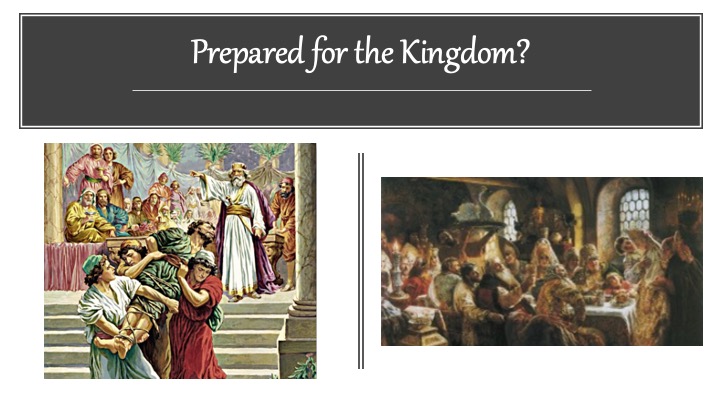King Nebuchadnezzar has a troubling dream he cannot remember. He summons his wise men to interpret it, but they fail. Facing execution, Daniel and his friends pray for God's intervention. Miraculously, Daniel recalls the dream: a giant statue made of various metals, ultimately destroyed by a stone cut without human hands. Daniel interprets the dream, revealing it signifies the rise and fall of successive kingdoms, culminating in an everlasting kingdom established by God. Nebuchadnezzar, impressed by Daniel's wisdom and God's power, elevates him to a high position. This chapter emphasizes God's sovereignty over history and foreshadows the ultimate triumph of his kingdom.

The Book of Job teaches us to trust God under all circumstances. We must trust God, not only when we do not understand, but...

Many Christians talk about the importance of loving God and loving others, and rightly so. Jesus declared these to be the greatest commandments (Mark...

Jesus sat before the people and uttered what must have been to them shocking words: Unless your righteousness exceeds the righteousness of the scribes...